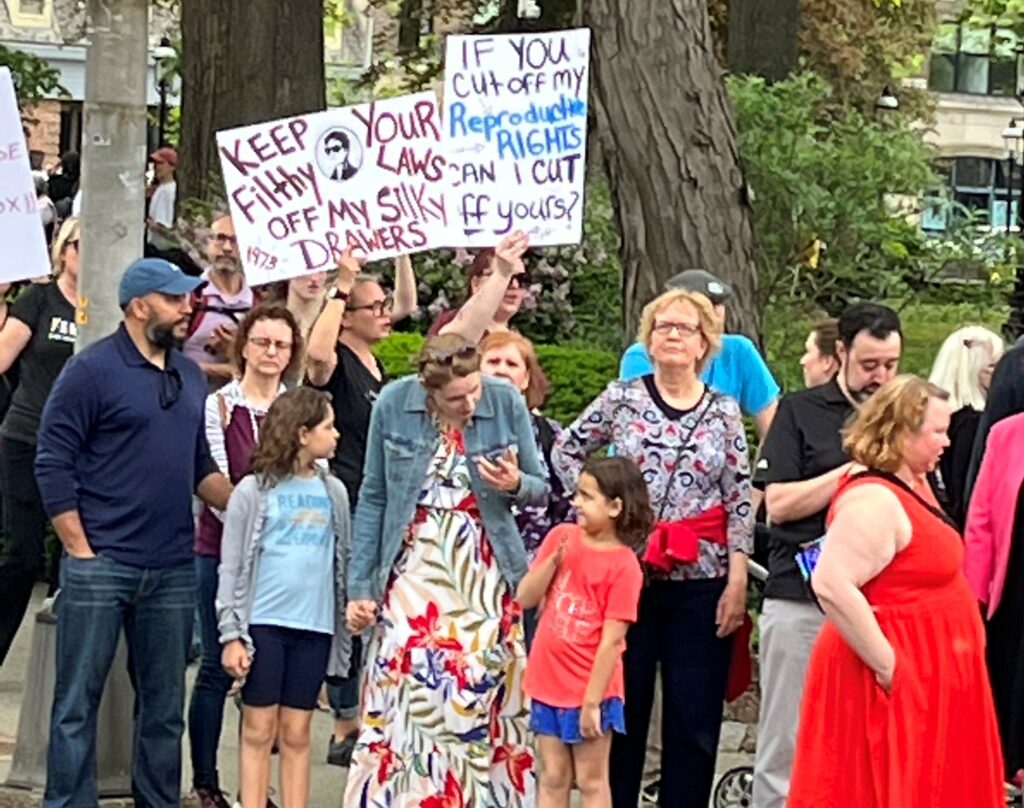The Center – An Introduction

In what may be an expression of profound hubris, this is the introduction to a wider discourse on how the center – where most of us live – can begin to solve many of the seemingly unsolvable problems that we face.
Two principles underlie this attempt.
One is the need to stop bemoaning and start doing. We all understand the things that have, and continue to go, wrong. We need to start the process of setting them right.
The other is to build solutions within the context of who we are – and not how we may wish to be. This is, of course, a highly nuanced exercise. What the majority wants matters. But the minority viewpoint matters, too. As do regional and demographic differences. Because as of the writing of this article, we are a country of divergent views, interests, and beliefs committed to a democracy in which the rights of both the majority and minority are protected in law.
This need not be a paralyzing landscape. But it is a complex one – in, I would argue, a good way. Far-reaching policies (such as Social Security and Medicare) that have had broad support tend to be successful. Enacting policies that do not actually sets us back – not forward. Consider, for example, Obamacare. Passed by one party, it has and will continue to rest on the razor’s edge of the next election cycle. Lacking a consensus about the basic rules, organizations tasked with enacting them are faced with continuing (and expensive) uncertainty, which also undermines our ability to make decisions in our own lives.
Right or wrong, policies that get out in front of where we are as citizens are not built on consensus. They are built on a precipice.
This is not to say that no precipices should ever be climbed. Sometimes, thin air is the price for human progress. This is, however, a concept article. So let us speak in broad strokes.
At this juncture in our national life, I can’t precisely define what policy consensus looks like. But I can draw upon the lessons of history; that is, of our story in this country, to identify what it must be built on.
In 1941 the world was on fire. Not the climate. The countries. Austria, Czechoslovakia, Poland, Norway, Denmark, Holland, Belgium and France were all under the Nazi boot. Mussolini ruled fascist Italy. Franco ruled fascist Spain, having seized power with the aid of German and Italian men, equipment, and bombs. Japan was a brutal military dictatorship. The Soviet Union was also a dictatorship – of the “proletariat” - that was perhaps less military than Japan’s but far more brutal – and then in an uneasy alliance with Hitler. China had been at war with Japan since 1937 and at war with itself for much longer. Britain stood alone. And western civilization hung on by a thread.
Franklin Roosevelt was our President and he knew that America was the last, best hope that government of the people, by the people, and for the people would not literally disappear from the earth. Roosevelt understood that for any democracy to survive, America must get into that fight. And soon. Because if Britain fell, then our ability to win a war would be severely diminished.
How Roosevelt saved western civilization is instructive. In a deeply divided country fresh from the sacrifice of America’s sons in a bloody European war fought just 20 years before, Roosevelt waited. Until the country was behind our entry into the Second World War.
Waiting did not help the hundreds of millions of suffering individuals in conquered Europe, the Pacific, and China. Like us, they all had to live in the moment – not for the long or even medium-term. Yet waiting was the right – indeed, the only – course that did not get too far in front of the American people. Which presaged success in a war that had to be fought, and won, if racial equality, gay rights, abortion, contraception, and all the rest of it were even going to be discussed at some future time by as yet unborn Americans.
These are the basic parameters of what this column means by the “center”; pathways that enjoy a broad consensus among citizens across silos. And its purpose; to find centrist solutions from what has been, but can no longer be, the invisible majority of Americans.
Yes, opinions will be expressed. Sides will in a measured way be taken. Without hyperbole or overstatements. Because we have been there and done that, and it’s not working well for any of us.
Instead, we can start tackling those problems together. There is, after all, an opportunity for you to “reply” at the end of each article. The topic for July will be abortion.





